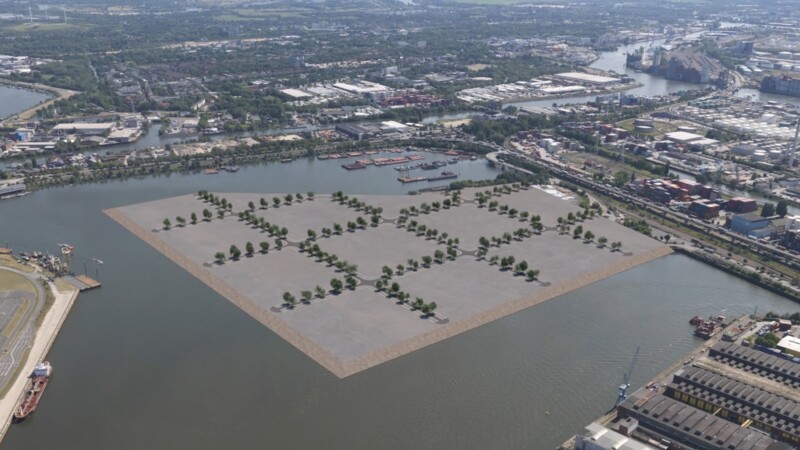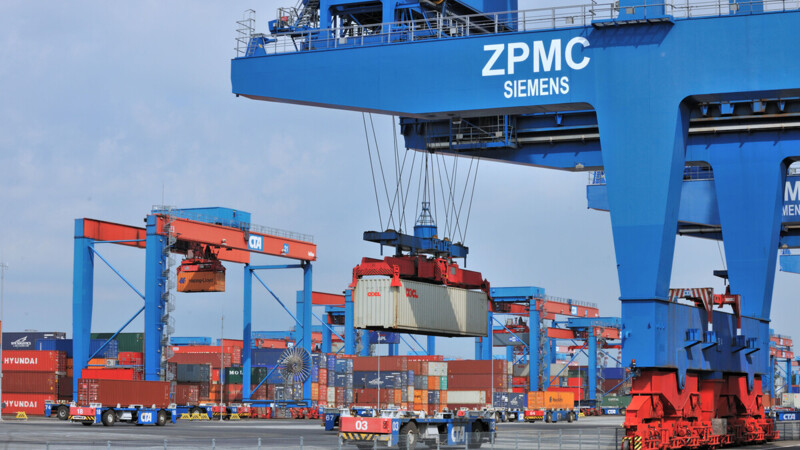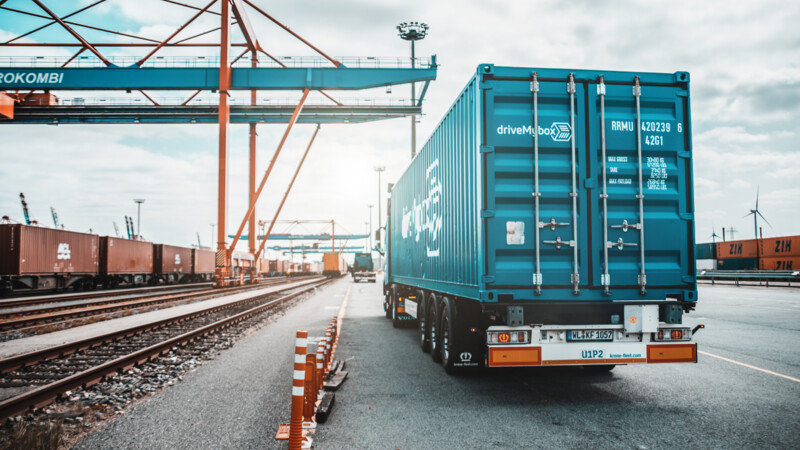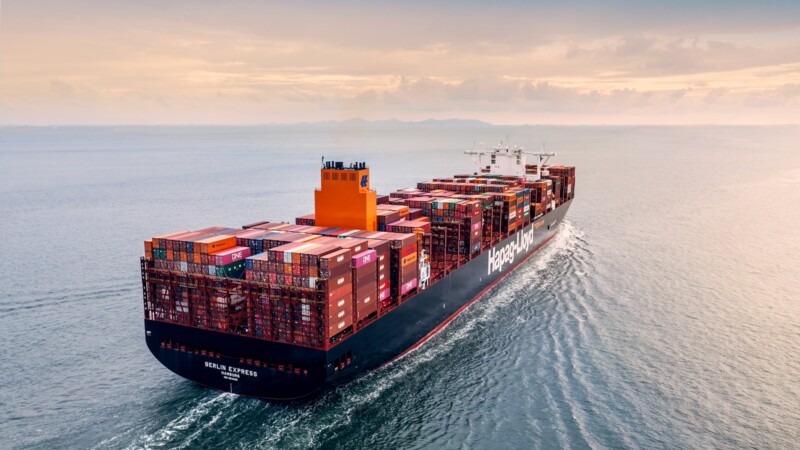"We are, with this cooperation, providing our customers with a flexible maritime transport network that will raise the bar for reliability in our sector. This partnership will enhance our integrated logistics service, while at the same time meeting our customers' requirements," Maersk CEO Vincent Clerc says. The new cooperation between Hapag-Lloyd and Maersk will be made up of a fleet pool of around 290 ships with a combined capacity of 3.4 million standard containers. Maersk is to provide 60 per cent, with Hapag-Lloyd making up the remaining 40 per cent. In setting up the network, Hapag-Lloyd and Maersk are aiming at schedule reliability of more than 90 per cent. In addition, customers will benefit from improved transit times on major port-to-port routes as well as access to maritime transport nodes with strong international connections.
Setting up a reliable, flexible and interlinked service network in maritime transport: that's the aim of the new operational cooperation between Hamburg-based transport and logistics company Hapag-Lloyd and the Danish group of companies Maersk A/S, part of A.P. Moller-Maersk. Gemini Cooperation is to go into effect in February 2025.
Aim is for schedule reliability of 90 per cent plus
Gemini Cooperation: Greater efficiency and further decarbonisation
The cooperation takes in seven shipping regions: Asia/US West Coast, Asia/US East Coast, Asia/Middle East, Asia/Mediterranean, Asia/Northern Europe, Middle East/India and Europe and Transatlantic. There are 26 line services in existence, which are to be supplemented by a global network of specialist shuttle services, grouped around their own and/or controlled hubs. These will provide a rapid connection with flexible capacity between hubs and ports. "The cooperation with Maersk will make a contribution to further boosting the quality that we offer our customers. And what's more, we will benefit from increased efficiency in our day-to-day operations and from combined efforts to further accelerating the decarbonisation of our sector," Hapag-Lloyd CEO Rolf Habben Jansen is convinced. Hapag-Lloyd is aiming to be zero-emission by 2045, and Maersk by 2040.
mm/sb/rm
Sources and further information
More
Similar articles

Port of Hamburg proving logistics hub and real innovation lab

Container transport at CTA now fully electric, HHLA says

